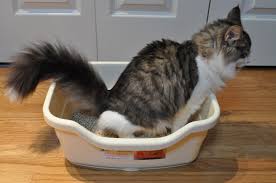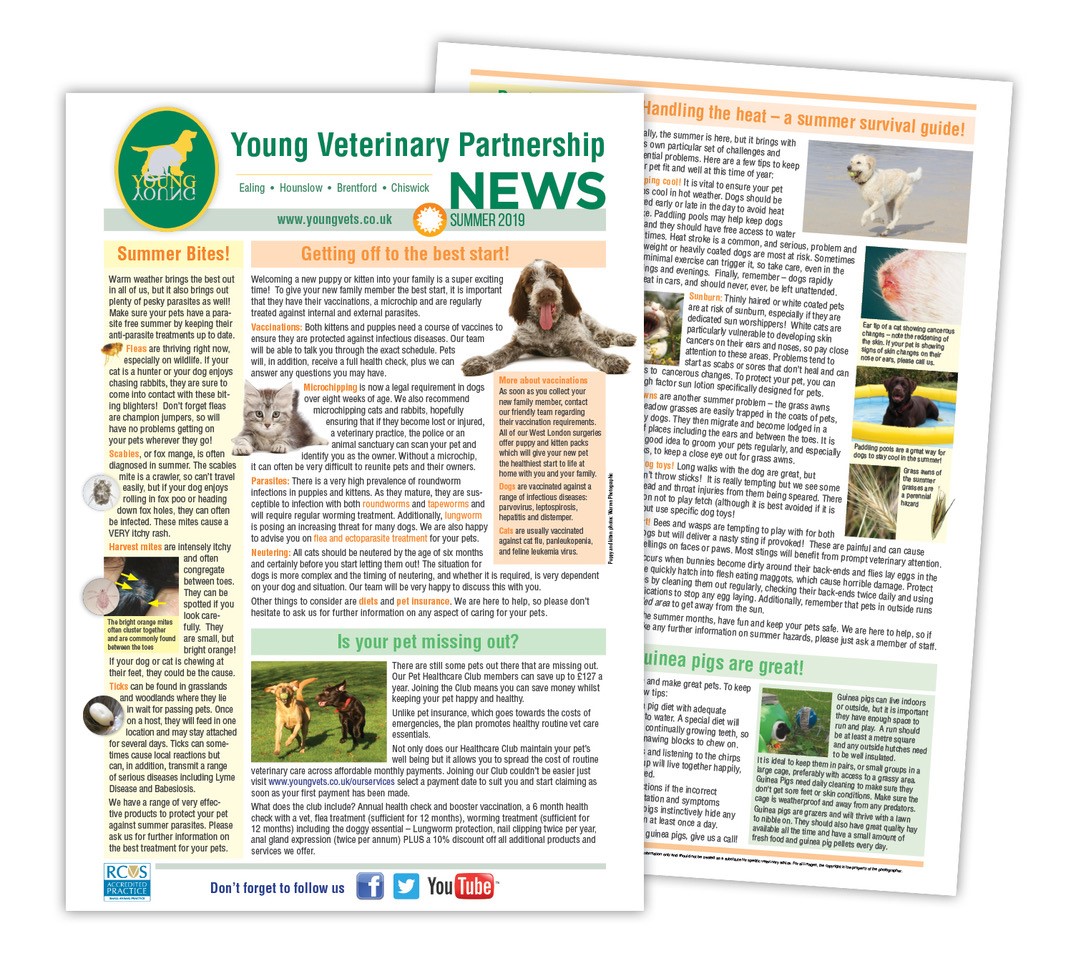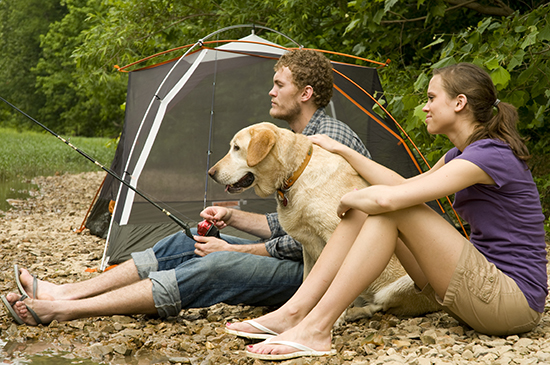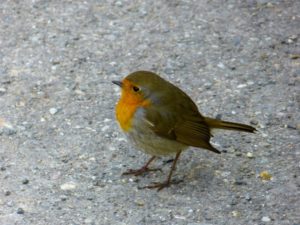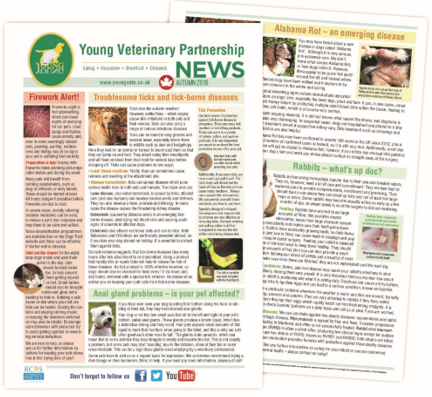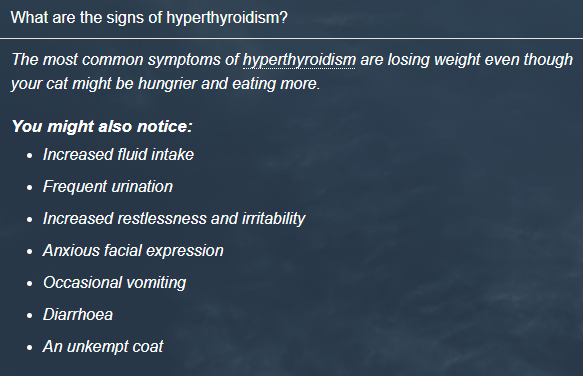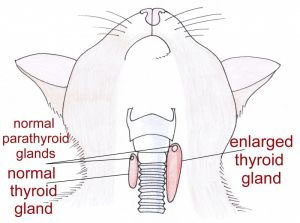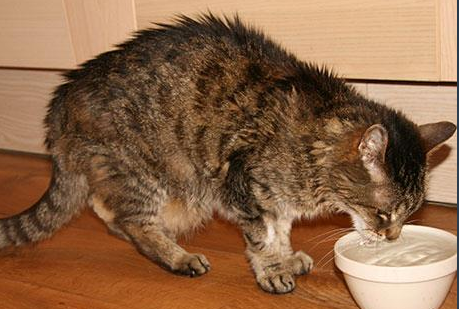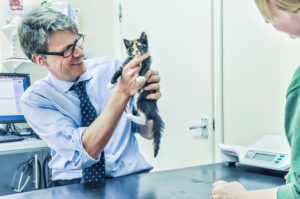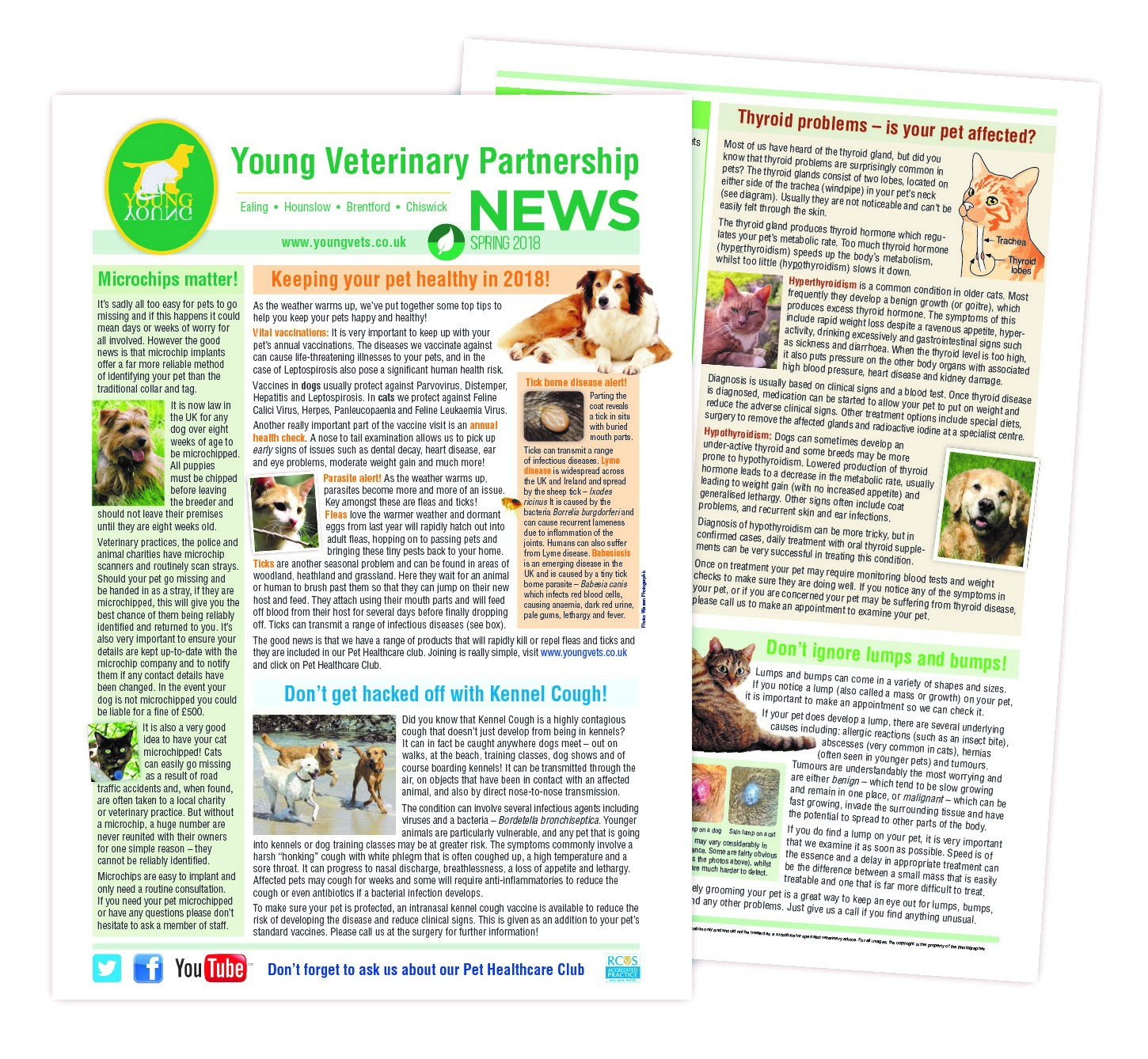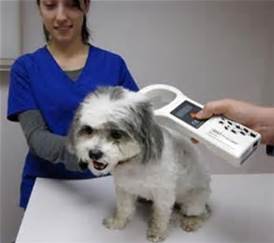How Do I Keep My Cat Cool In The Summer And Avoid Heatstroke?
It’s usual to see articles warning against the hazards of dogs overheating, but rarely do cat owners find the same advisories available to them. Many assume this is because there simply isn’t the same degree of danger attached to their feline friends getting too hot, but this is not the case.
The reality is that allowing your cat to overheat in hot weather can be terribly detrimental to their health. They may be sun worshippers who adore finding a hot spot to sunbathe in, but although they’re better at coping with soaring temperatures than canines, they’re still highly susceptible to heatstroke, especially during the summer months.
It is not simply uncomfortable or unfortunate for your feline, but a condition that can be fatal. To help you avoid it, here are five top tips for keeping your cat cool this summer…
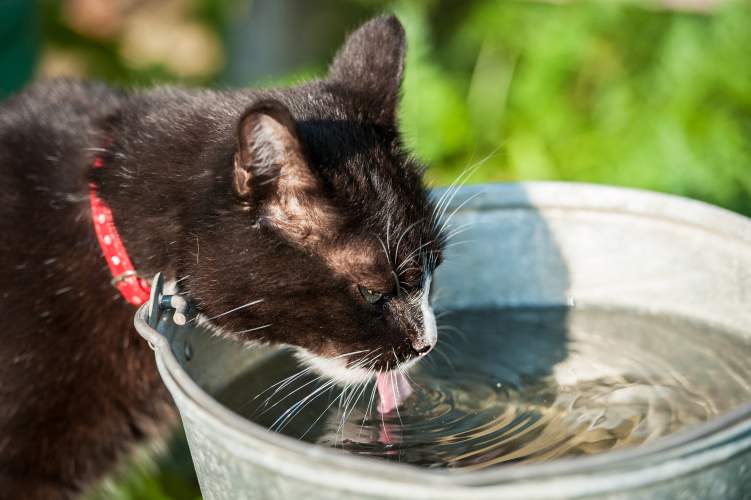
1. Just like people,
cats need to drink more when it’s hot, so you must always ensure that fresh, cold water is available to them, both inside and out. Bowls placed outdoors ought to be sited in the shade and changed often, whilst those that are inside should be made as appealing as possible by ensuring that they’re kept cool. In very hot weather, this is best achieved by slipping a couple of ice cubes into them at frequent intervals throughout the day.
Feeding wet food is another way to help keep your feline hydrated, although this should not be left down indefinitely or it will attract flies and could cause a stomach upset or food poisoning. Feed them little and often, taking your pet’s dish away once they’ve finished rather than leaving it out for them to pick at.
2. Invest in an elevated bed
We would also advise investing in a raised cooling bed. Good for keeping your cat off surfaces that may heat up, these provide a sleeping set-up that won’t get too hot for them to safely lay on. These should ideally be placed in a cool, shaded area, either indoors or out, with fresh drinking water close by. Lightweight designs are the most versatile as they can be easily moved around, enabling you to always find the best spot to site them in.
3. Close your curtains
Although it’s often cooler inside your home than out, the interior can heat up too, especially when you’re not around to notice and do something about it. Why we recommend making sure that your curtains are closed in sunny south facing rooms. This blocks the sunlight and is, therefore, a great way to keep the temperature down. Remember to keep the windows behind them closed too if it’s hotter outside than in.
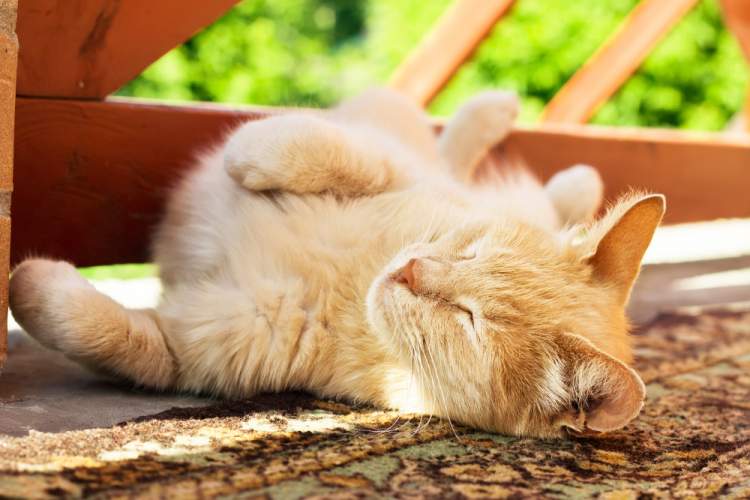
4. Pay attention to weather warnings
Another useful tip is to pay close attention to weather warnings. The local news will usually be quick to make people aware of especially high temperatures being imminent, typically advising that residents stay indoors and out of the heat for their health. In such conditions, we suggest that you apply the same advice to your feline friends, and keep them inside with you. If this is not possible for some reason, you should ensure that they have access to a well-ventilated area that they can go into of their own accord if the temperatures rise too high.
5. Install a fan
If your house is prone to overheating, we would recommend investing in a fan too, for the days when your furry friend is inside. This will give them somewhere cool to go when it’s hot, in order to avoid them being overcome by heatstroke. It will also allow you to turn off the air conditioning when you go out, thus keeping your energy bills down without endangering your feline’s well-being.
Alternatively, another option is to purchase some netting frames to fit across your windows. These will allow you to leave them open so that air can circulate, without letting your cat get outside during the hottest part of the day.
6. Watch out for signs of heatstroke
Keep your cat safe during the summer months and look out for the signs of heatstroke, some symptoms include: increased pulse and heartbeat, vomiting, glazed eyes and collapsing to name a view. If you feel you cat is showing signs of heatstroke seek treatment at your local vets immediately.
Keep your cat safe this summer by following our six top tips, as well as ensuring that you’re fully familiar with the signs of heatstroke in cats in case it should ever strike. Both your preventative measures and prompt actions could make all the difference to their well-being when the hot weather hits.
We hope you have enjoyed reading this blog post, if you have any concerns about your cat this summer, please do not hesitate to contact our knowledgeable team for help and advice on your pet. Our emergency team are on call until 10 pm, 365 days a year and our telephone lines will always give you access to veterinary advice 24/7.
Blog and images supplied from Zoetis.
Written by Gemma Hopkins BVETMED, CERTVC, MRCVS.


